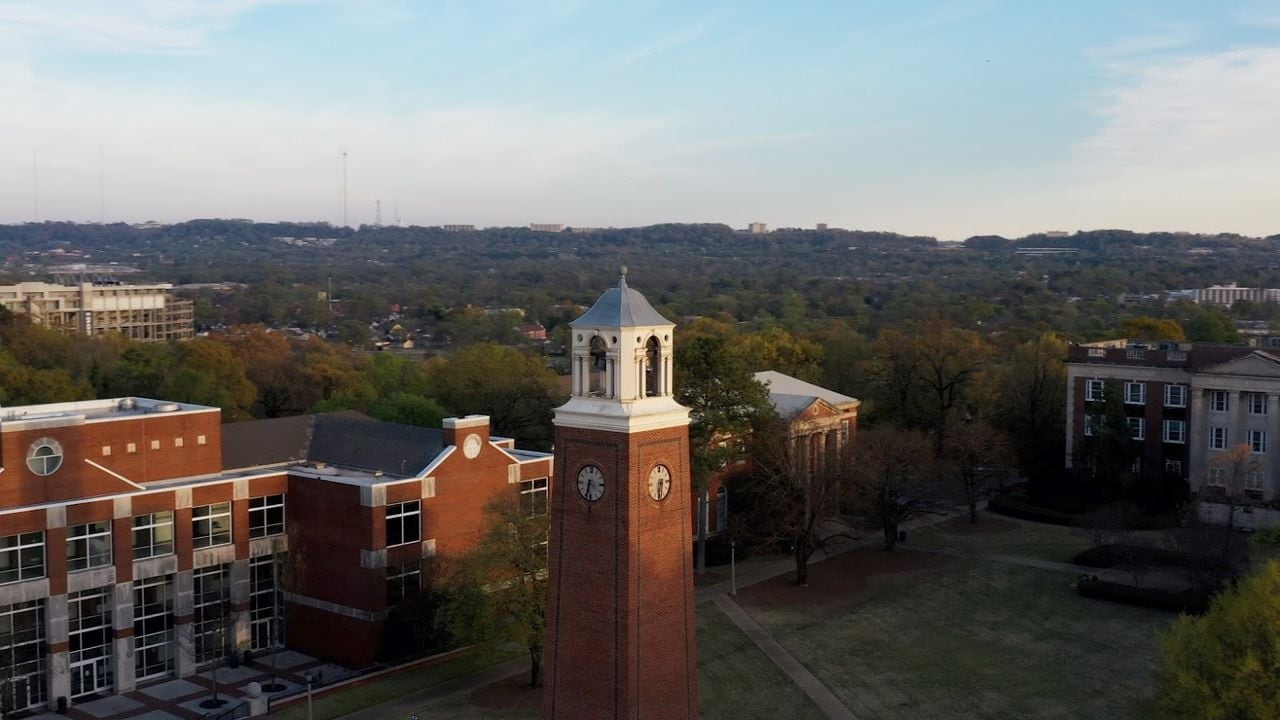Birmingham-Southern College could get $30 million denied loan if new bill passes
Birmingham-Southern College still has a chance to receive $30 million in state funding they were previously denied if a new senate bill passes.
The bill, SB31, was introduced by Alabama Sen. Jabo Waggoner, R- Vestavia Hills on Feb. 6 as a way to amend the Distressed Institutions of Higher Education Revolving Loan Program established last year.
It was co-sponsored by 20 other state senators.
“We are deeply grateful to Sen. Waggoner for his steadfast support, especially through the last long year in pursuit of this critical funding,” reads a Feb. 6 press release from BSC. “And we are also deeply grateful to the other 20 senators who have joined him in this effort, as well as to members of the House who have expressed support for BSC.”
If SB31 is passed, the administration of the loan program will be moved from the Alabama State Treasurer to the Executive Director of the Alabama Commission on Higher Education and a state-regulated bank will be required to review and approve the collateral offered and the restructuring plan submitted, according to the release.
The bill also requires repayment “according to the bank-approved plan within 20 years according to terms that include an interest rate commensurate with the rates charged under the State Revolving Fund, an existing low-interest loan program through which public infrastructure projects are financed,” the release said.
AL.com first reported in December 2022 that Birmingham-Southern was in financial distress and was in danger of closing.
The college initially sought a state grant, as well as money from the Birmingham City Council and the Jefferson County Commission, funding the college said would be a bridge until it could raise money for its endowment.
The legislature approved the Distressed Institutions of Higher Education Loan Program in response to the school’s requests.
After State Treasurer Young Boozer denied the loan, Birmingham-Southern filed a lawsuit disputing Boozer’s claims that it failed to meet the minimum qualifications and said Boozer had exceeded his authority and undermined the intent of the legislature when he turned down the loan application.
Montgomery County Circuit Judge James Anderson granted the state’s request to dismiss the lawsuit, finding that the legislature gave Boozer the discretion to deny the loan.
Last month, after receiving $5 million in loans from the Birmingham City Council, BSC told Boozer it can offer the state first-claim position on its collateral assets, which would fix one of the deficiencies Boozer cited in his decision to deny the college’s request.
On Feb. 6, Birmingham Mayor Randall Woodfin urged members of the legislature to update the language of the original bill that established the loan program in his annual “State of the City” address.
“I’m hoping that the legislators can change one word, as it relates to the treasurer, and that’s ‘may’ to ‘shall’” he said.
“It’s concerning that we’re making this this hard. Pushback is required if they’re saying give me the money. That’s not what they’re saying. They’re saying loan me the money.”
SB31 currently awaits a vote from the Senate Finance and Taxation Education Committee. BSC said in their release this week that they would like to have the bill signed by early March but assured students that in the meantime, the college will continue to operate as normal.
“Here on the Hilltop, we will continue to operate normally as a college and as a community,” the release said. “Our students will go to class, and our athletic teams will practice and compete. Student organizations will continue to deliver programming that is fun and meaningful.”
“Our admission team will continue to recruit students, and we believe that as soon as the bill passes, many of the applications we continue to receive will become deposits for fall 2024,” it said. “Annual giving is significantly up year over year, and our alumni engagement is measurably higher, too.”
Waggoner did not immediately respond to requests for comment on the bill.
